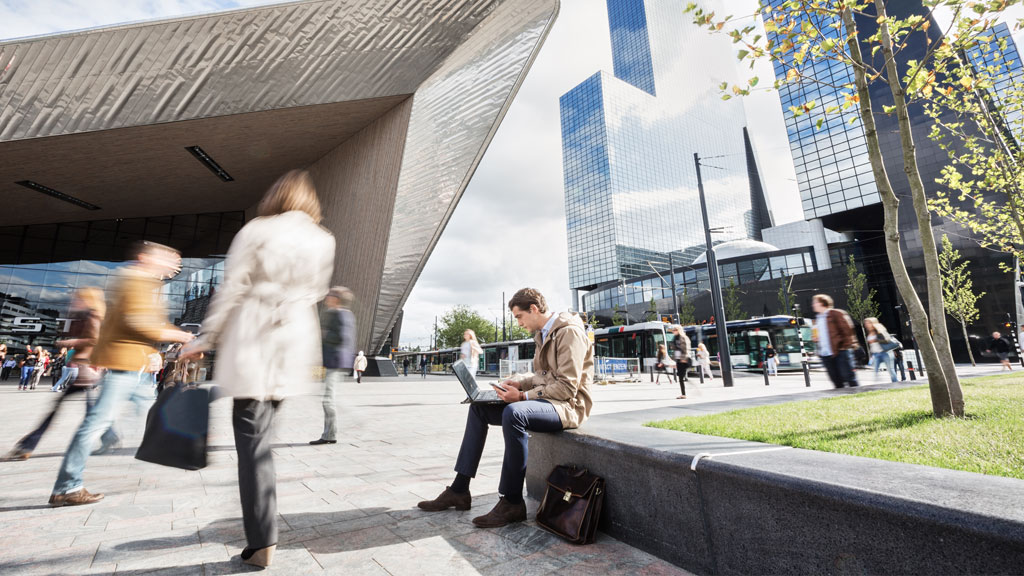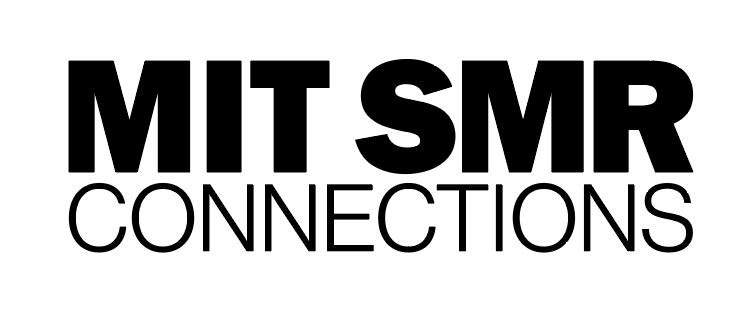250 years ago in the UK a revolution started which totally transformed the social-fabric of every nation on the planet. In 1750 only 15% of people lived in towns with 85% residing in rural-settlements.
By 1900 85% of people lived in towns/cities with London being the largest city of 6.5 million people, New York 4.2m, Paris 3.3m and the heart of the revolution, Manchester 1.4m.
The world had changed.
Now in 2020 as we contemplate Industry 4.0 we are facing another revolution. One that has the potential to be equally transformative but this time the world has been subjected to a global-pandemic the likes of which we have never known. Currently, the World-Health-Organisation estimates 3.9 billion people are in lockdown, 50% of the global population.
Commentators are saying this will change the world forever but in what way? Here we highlight some of the changes we expect to see:
Flexible Working
Many Boomers and Gen-X leaders have resisted any flexible working for years claiming it is inappropriate for their business, industry, customers or operating-model but our global enforced lockdown has made #Working-From-Home #WFH a reality.
The “Genie is out of the bottle” and it ain’t going back in. With this comes a huge number of consequences.
Whether its 2-3 days in and 3-2 days at home or some variant, what is clear is greater flexibility is here to stay. For the same reason “flexitime” (flexible starts/ finishes) will clearly become almost universal provided shifts and rotas are agreed to ensure a full service coverage.
This must be good news for workplace-equality as flexible working hours are a key requisite for working Mums and Dads.
Remote Working
Total remote working will certainly increase. Clearly this can be made to work for many office workers to some degree and “Yes” 100% #WFH will not suit everyone. The lack of social interaction, boundaries between home and work, individual domestic circumstances, inconsistent tech solutions as well as feelings of social-isolation and mental-health mean this is not the universal panacea.
This has huge potential to shift wealth away from cities as well as provide greater access to skilled workers outside commutable distance and even foreign shores.
Workplace Transformation
With fewer daily office occupants and the purpose of their presence changing so will the internal office layout/architecture. At Cisco’s Workplace-Transformation-Conference in London recently delegates were treated to a live “walk-through” of their Singapore office.
Gone were their banks of individual worker desk-pods replaced by a smaller number of Hot-desk areas plus micro, mini and larger video-conference suites, recreational and refreshment break-out areas. Even Pre-Covid19 discussions with other global-enterprises and business thought-leaders had pointed to this becoming the norm within the next decade.
Now, with many CEOs eyeing the significant cost-savings of reducing their property-estates by 20-30 percent as a result of the Covid19 #WFH experience what is clear is this workplace transformation is now on steroids and will in most corporate environments almost certainly happen within the next 3-5 years.
Output focused Performance-Management
Remote working means a shift to measuring performance based upon Outputs/Outcomes rather than attendance. For some this will be an easy adjustment once they have the pertinent KPIs and metrics. Others will require a total mindset shift, one that some may struggle to make.
For many trust will become the new currency between the employer and employee. The psychological contract which has underpinned the employee/employer relationship for decades is about to undergo an overhaul.
Already I hear of businesses looking to purchase digital-tracking software/systems. Like 19th century mill-owners they appear to have a feudal mindset. With a global skill-shortage and the liberal-valued Millennial and Gen-Z generations I fear their businesses are doomed to fail.
Greater Access to Talent
For those that can make the shift to a blend of Flexible and Remote-Working, with appropriate output-focused-performance-management, based around transformed workplace-hubs the rewards are immense. Significant cost-savings, greater profitability, a significantly happier and therefore more a productive workforce.
The greatest prize of all will be greater access to talent.
Humbly, I suggest we are moving to a world of “Talent Without Boundaries.”
With true access to “Global-Talent”.
Once you’ve proved you can supervise and trust remote-workers in the next county, province or shire why not the next country or continent.
If the key measure of performance is their output then does it matter whether your worker is in the same city working outside normal office-hours or works normal office-hours for their country but in a different time-zone.
Clearly, there would be a need to establish weekly times to collaborate but many of us already have calls with suppliers, colleagues or customers at either ends of the day.
Only last month I delivered a Leadership-training-workshop to a group in Hong Kong at 6am GMT, 3pm in Hong Kong.
With this approach your workforce becomes more diverse and inclusive. The boundaries within our societies and communities disappear.
A workers ability to be easily managed to deliver quality outputs becomes the key criteria for hire not their ability to physically attend your office within your rigid-hours and fit your “way-of-working”.
Upskilling the Workforce
The transition from Pre-Covid19 to a Post-Covid19 world will not be seamless. It will require the up-skilling of your entire workforce.
It will not be without some adjustments, pain and growth for your people and your management team. People will need greater resilience, you will need to establish new working-practices, processes and protocols, you may need new tech. Your people will need to create home/office boundaries and be better at managing their own and their teams mental welfare. Establishing outputs and productivity levels will require sound performance-management but the resulting workplace agility will deliver greater flexibility and work-life-balance for all.
Social Change
And the losers….
Will in all likelihood be Transport-for-London, the Paris-Metro, Deutsche-Bahn, BP, Shell, Texaco as well as GM, Nissan, Toyota and VAG-Group as we reduce our daily commutes to work saving us 2-3 hours a day on the days we #WFH.
And the winners….
Will be our staff, their families and friendships, our businesses, cities, local environments, our planet, in fact all of us.
And the revolution that started in the UK in the 1750s has come full-circle and our peoples have a choice whether to leave our densely populated cities and return to our rural and coastal roots.
It will soon become a real choice where we live and work.
Technology has once again become the enabler of another social-revolution this time potentially, creating freedom, wealth and quality-of-life for all.
Let this be the Covid-19 legacy.





